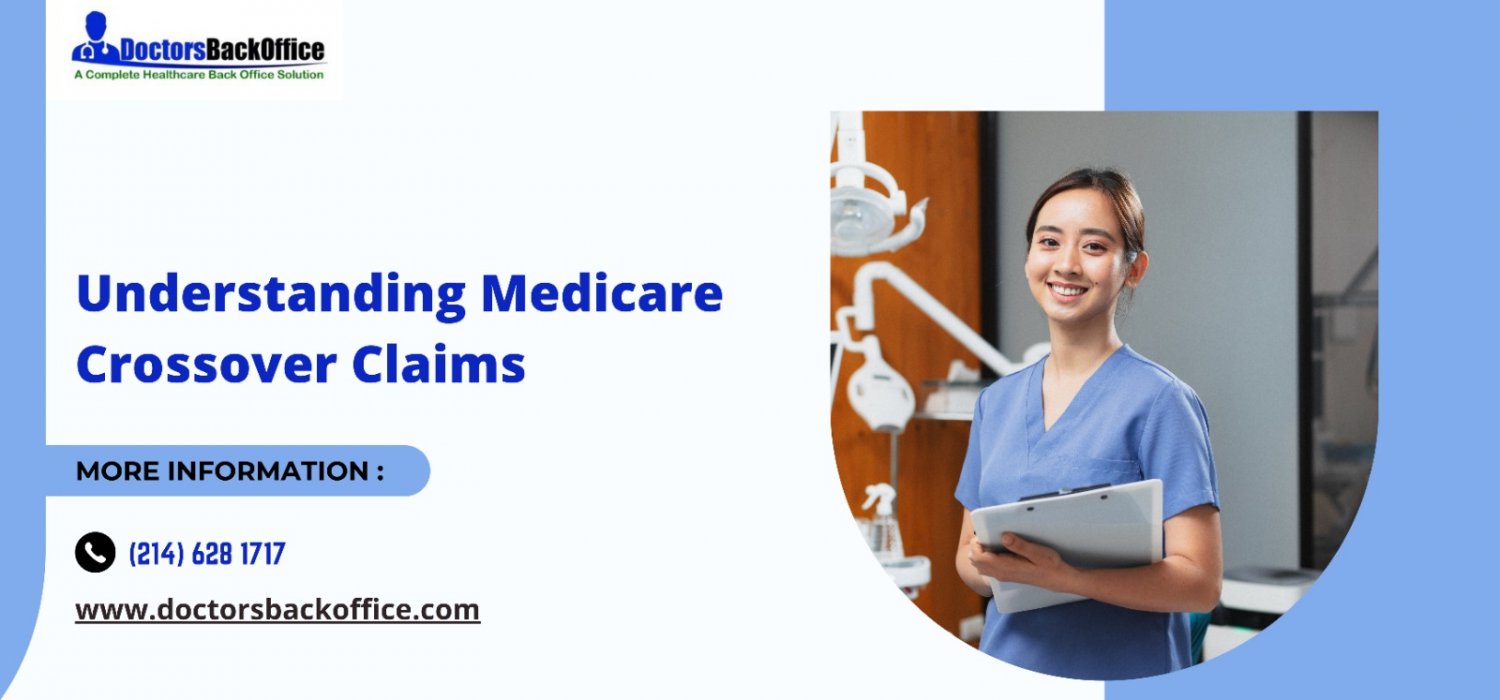Understanding Medicare Crossover Claims
Understanding Medicare Crossover Claims
In the intricate world of healthcare billing, terms like Medicare crossover claims might seem like jargon reserved for professionals in the field. However, for anyone navigating the healthcare system, understanding these concepts can be crucial. So, let’s delve into what exactly a Medicare crossover claim is and why it matters.
Read More: Medical (United States)
Demystifying Medicare Crossover Claims
What is a Medicare Crossover Claim?
A Medicare crossover claim refers to the process by which Medicare automatically forwards claims for covered services to another insurer, typically Medicaid, after Medicare has processed the claim. In simpler terms, it’s like an automatic handoff of billing responsibility from one insurer to another.
The Mechanism of Automatic Crossover
When a patient is covered by both Medicare and another insurance plan, such as Medicaid, the automatic crossover system streamlines the billing process. Instead of the patient or healthcare provider having to manually submit claims to both insurers, Medicare automatically shares claim information with the secondary insurer. This ensures that the patient receives the maximum benefits available under their coverage without the hassle of redundant paperwork.
Benefits of Automatic Crossover
- Efficiency: By automating the process, automatic crossover eliminates the need for manual intervention, reducing paperwork and administrative burdens for both healthcare providers and patients.
- Faster Reimbursements: With claims seamlessly transferred between insurers, healthcare providers can expect quicker reimbursements for services rendered, leading to improved cash flow and operational efficiency.
- Accuracy: The automated system minimizes the chances of errors or discrepancies that may occur during manual data entry, ensuring accurate billing and reimbursement.
Medicare Crossover Claims to Medicaid
In the context of Medicare, Medicaid often serves as the secondary payer for beneficiaries who qualify for both programs. In such cases, Medicare processes the claim first and then automatically forwards the claim information to Medicaid for any additional coverage or benefits.
Why Medicare Crossover Matters
- Streamlined Billing Process: For healthcare providers, dealing with multiple insurers for the same patient can be cumbersome. Medicare crossover simplifies this process by automating the transfer of claims, saving time and resources.
- Improved Patient Experience: Patients benefit from automatic crossover by experiencing smoother billing procedures and reduced out-of-pocket expenses. They don’t have to worry about coordinating claims between different insurers, allowing them to focus on their health rather than administrative tasks.
- Financial Savings: By reducing administrative overhead and streamlining the billing process, Medicare crossover claims help healthcare providers save on operational costs, contributing to overall cost savings in the healthcare system.
- Compliance and Accuracy: With claims automatically transferred between insurers, there’s greater assurance of compliance with billing regulations and accuracy in claim submissions. This minimizes the risk of claim denials or delays due to errors.
Conclusion
In essence, Medicare crossover claims represent a crucial aspect of the healthcare billing process, especially for patients covered by both Medicare and another insurance plan like Medicaid. Through automatic crossover, the system simplifies billing, improves efficiency, and enhances the overall patient experience.
As the healthcare landscape continues to evolve, understanding concepts like Medicare crossover becomes increasingly important for both healthcare providers and patients. By embracing automation and streamlining processes, we can pave the way for a more efficient and patient-centric healthcare system.
In the ever-changing world of healthcare, staying informed and adapting to new billing practices such as Medicare crossover claims is essential for delivering quality care and optimizing operational efficiency.
So, the next time you encounter the term “Medicare crossover claim,” remember that it represents a vital mechanism for ensuring smooth and efficient billing in the complex realm of healthcare.



